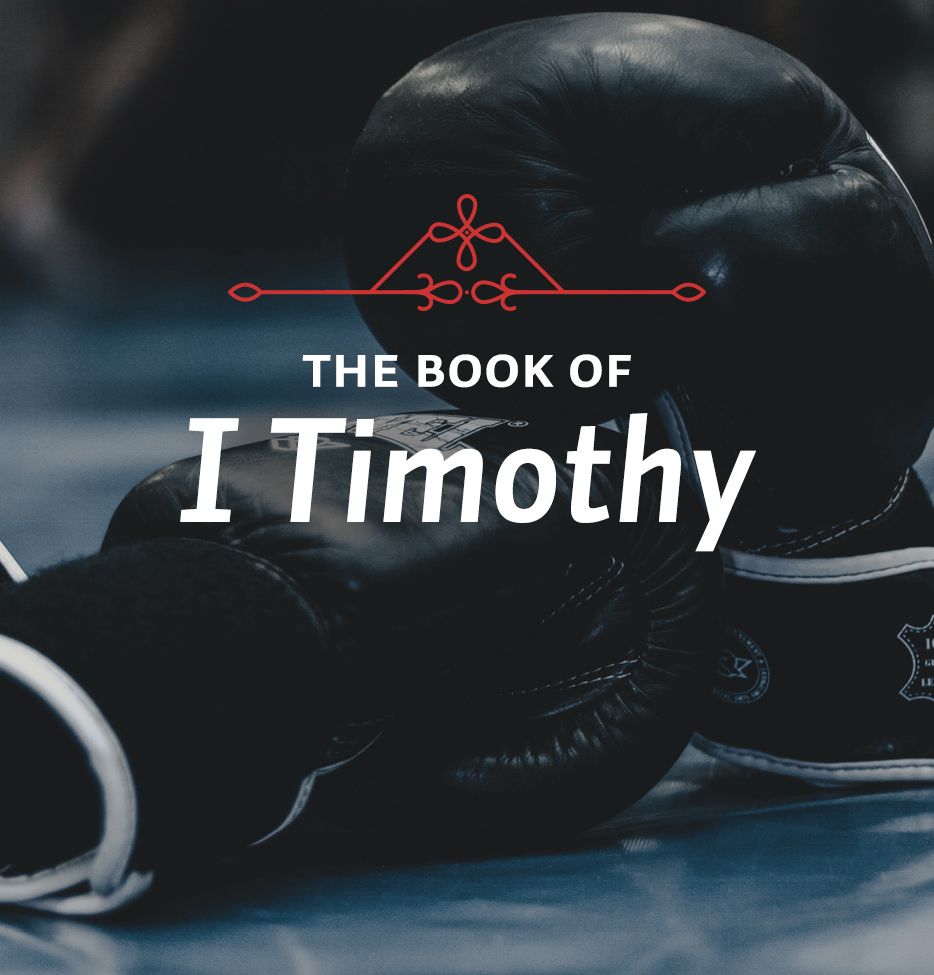Theme: Guarding Sound Doctrine
In this week’s lessons, we are reminded of the importance of sound doctrine if the church is to function properly and be protected from false teaching.
Scripture: 1 Timothy 1:1-11
Let me give another example of how some form of Gnostic thinking still plagues the church today. Recently, there was a man who denied the deity of Christ in one of the presbyteries of the United Presbyterian Church. The issue made its way through the church courts, and it was then turned back to the presbytery to do a re-exanimation. At this re-examination, his views had not changed, and yet he was approved for the ministry with an even higher percentage than he received the first time.
The candidate had been examined for three hours, and before this he had read a brief paper providing his own understanding of theology. It was picked up by a national newspaper, and I am quoting directly a sentence from one of the candidate’s statements: “For me, the God worth knowing is found more in the integrity of love than the purity of dogma, more in the quest of liberation than in the pursuit of orthodoxy, more in the process of becoming than in the satisfaction of having arrived.” This sounds very close to Niebuhr’s understanding of Jesus Christ as symbol, and there are two things to see from this statement.
First, he begins by saying, “For me…” That is a relativistic view of truth, whereby someone says that this is the way he thinks, but it does not have to be the way someone else thinks. But when one is making statements about Christian doctrine, one’s views need to be based on what the Bible teaches, and not on one’s own personal opinion.
Second is his definition of what the God “worth knowing” is like. There is secular humanism in its baldest form. Can you imagine a human being, a mere mortal, made by God, standing on God’s earth, breathing God’s air, living the life God gives him, looking up to heaven and saying that a God worth knowing has to be how a mere man describes him? This is one form of very unsound doctrine, and seems to be a kind of modern Gnosticism that wants to define God and salvation in terms that are man-centered, apart from what God has truly revealed about himself and his operations among mankind.
Having mentioned the controversies, Paul wants Timothy to counter them and to stand for the truth of God once revealed to the saints, and make sure that the churches stand for that as well. That is what Paul means when he talks about sound doctrine. The book itself explains what some of those elements are and we’re going to see them more fully as we go on. First, there’s the law, which God has given and from which comes an awareness of sin. The law is put before the unrighteous to show them that they are bad and must turn from trying to achieve their own righteousness, which will condemn them in the sight of God. Instead, they are to turn to Jesus Christ, in whom alone that righteousness may be found.
Second, he talks about Jesus. In the third chapter, Paul has a little section that is printed in verse and probably was something like a saying, or perhaps even a hymn that was sung in the early church. Jesus appeared in a body, was vindicated by the Spirit, was seen of angels, preached among the nations, believed on in the world, and taken up into glory. It is something of a little creed, a little synopsis of teaching regarding the Lord Jesus Christ. Not only in this passage, but throughout these letters to Timothy, the apostle Paul holds up Jesus, from beginning to end, as the one who is the basis of the Christian’s hope. He talks about Jesus’ incarnation in view of the Gnostic heresy, but he also speaks about the fact that he died for men as well (1 Tim. 1:15; 2:5).
Study Questions:
Review the two items from the theological statement of the ministerial candidate. How do they diverge from the Bible’s teaching?
What two points does Paul emphasize to Timothy for him to challenge those who are not teaching sound doctrine?
Application: How well do you know Christian doctrine? Are there any areas where you feel less knowledgeable? What books will you seek to read in order to grow in your knowledge of these truths?






